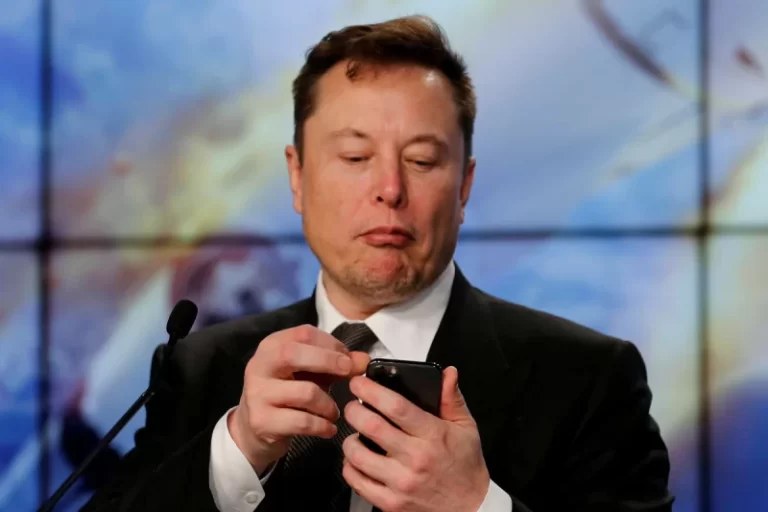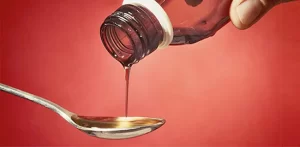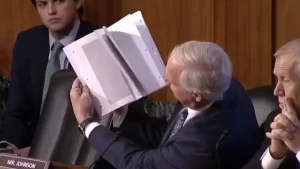The greater threat of food security will encourage Prime Minister Narendra Modi into the puzzles: continue to send wheat to countries affected by the increasingly depleted inventory from the war in Ukraine or food at home to fend off high inflation.Severe heat waves have damaged wheat products throughout South Asia, encouraging the government to consider export restrictions, Bloomberg News reported. While the Ministry of Food said that he had not seen the case to control wheat exports, it was a question that would get momentum and bring political consequences for the PM Modi and the Bharatiya Janata party in power.
PM Modi has tried to burn his reputation as a reliable global leader, but he faces frustration in the land of the cage about the highest inflation, a problem that has dropped the government before and opens the way for its increase to power.”When the world faces wheat lack of wheat, Indian farmers have stepped forward to feed the world,” PM Modi said this week at the Indian Diaspora meeting in Germany. “Every time humanity is faced with a crisis, India appears with a solution.”After the war hindered logistics in the Black Sea region, which contributed about a quarter of all wheat trade, India had tried to fill the emptiness.
Egypt, the world’s top buyer, is newly approved by India as a source of wheat imports. Last month, Piyush Goyal, Minister of Food and Trade, said India hoped to become a permanent exporter of wheat, sending 15 million tons this year, compared to around 7.2 million in 2021-22. Officials encourage world trade organizations to loosen the rules so that India can export from state reserves, Goyal said.
But the domestic challenge of the country has become a sharper focus in recent weeks. Hundreds of hectares of wheat plants were damaged during the hottest Indian parade in the notes, causing the harvest with the potential to decline as much as 50% in some of the country’s pockets, according to the Bloomberg survey.







